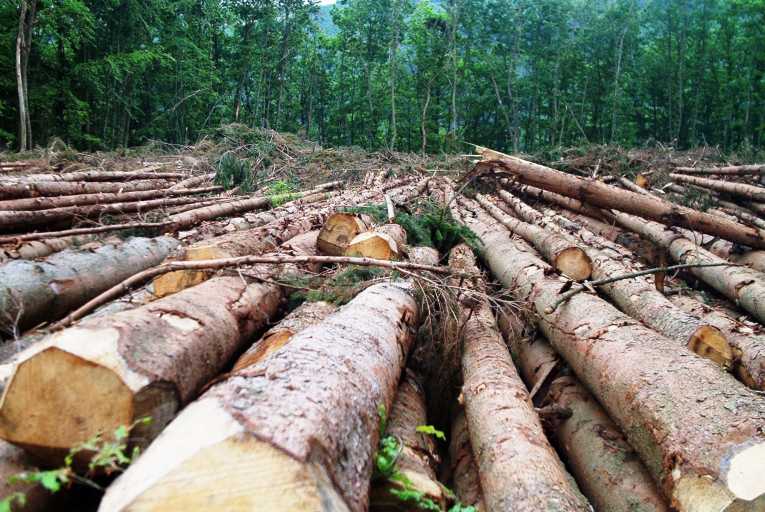Deforestation and forest degradation accounts for nearly 20% of global greenhouse gases, more than the aviation industry and second only to the energy sector. REDD+ (Reducing Emissions from Deforestation and Forest Degradation) is a programme whereby developed countries offer incentives to developing countries to conserve and manage forests sustainably. This is a popular idea, managed by the UN and strongly backed by many countries.
A new study, published in Nature Climate Change has found that REDD+ is a valuable tool in forest conservation. REDD+ has the potential to deliver cost-effective mitigation of climate change in addition to enhancing development of forest communities. However, previous studies of REDD+ have overlooked the costs of programs to meet resource demands of local people.
This new study, led by Princeton University, concentrated on deforestation in the Eastern Arc Mountains of Tanzania. It found that current REDD+ assessments undervalue costs of meeting food and fuel demand by local farmers. Local farmers and communities are vital for the success of the REDD+ programme.
Farmers whose food and fuel needs are met are more likely to maintain a forest sustainably and prevent forest degradation. If the needs of local farmers are not met, poverty can - and does - increase. In addition, deforestation may simply be displaced to locations outside the REDD+ programmes.
The authors of this new study have a solution to these problems. They suggest Smart-REDD, an initiative that will take into account costs for local communities. If projects incorporate the cost of programmes to reduce pressure on forests, this will prevent spread of poverty and displacement of deforestation.
Boosting farmers’ agricultural yields will reduce the likelihood of forests being converted for agricultural use. Another suggestion is for projects to provide or subsidise efficient cooking stoves, which will decrease the use of wood for fuel.
However, such programmes incorporating local people's needs are costly. Simply compensating for a community's profits lost due to stopping deforestation is much cheaper. Will governments be willing to pay the extra price to ensure effective prevention of deforestation?
Top Image Credit: © Michel Stock










